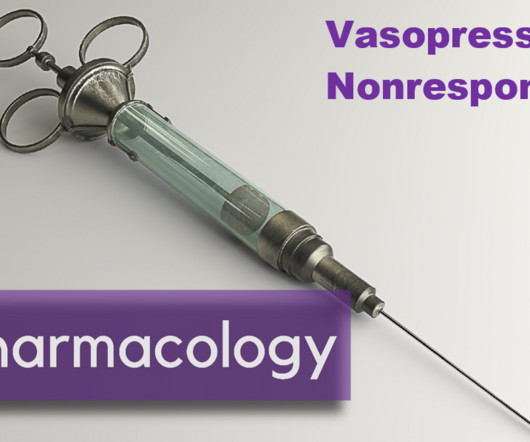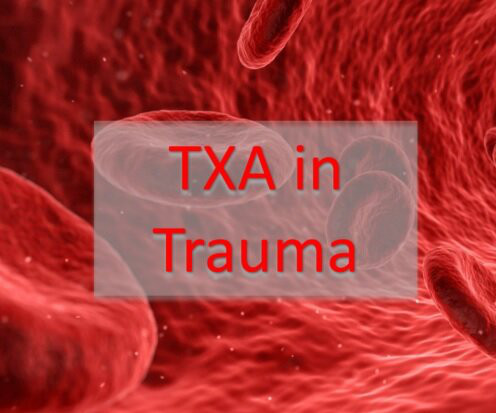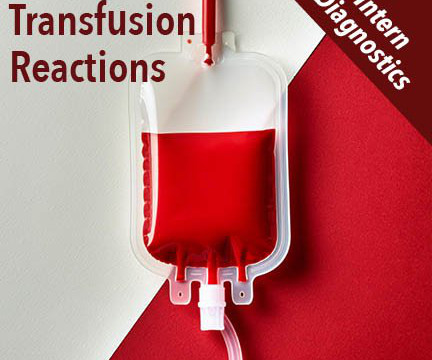Vasopressor Nonresponse
Northwestern EM Blog
JANUARY 24, 2022
Due to its extremely high morbidity and mortality as well as high healthcare costs, the prompt recognition, diagnosis and resuscitation of shock is key. To reverse these effects as well as refractory hypotension, hydrocortisone is the preferred agent due to both its glucocorticoid and mineralocorticoid properties.











Let's personalize your content